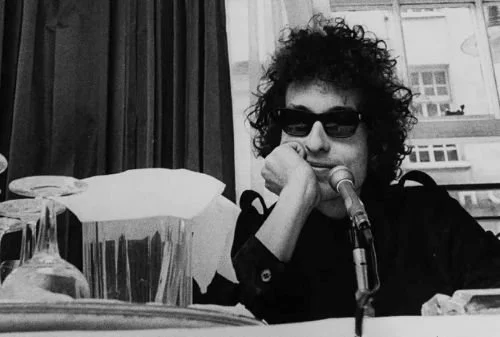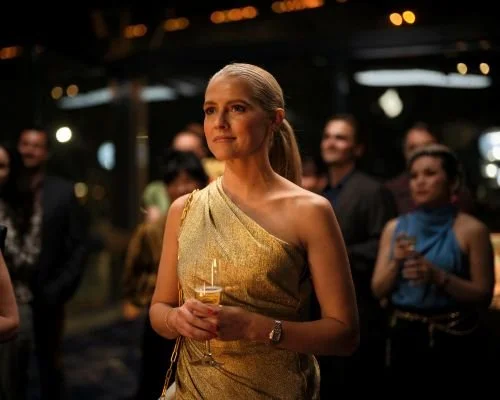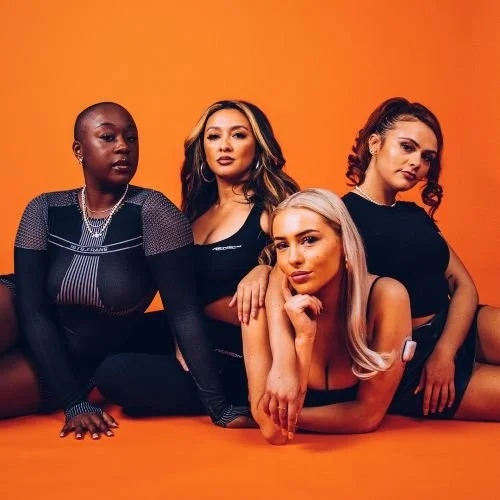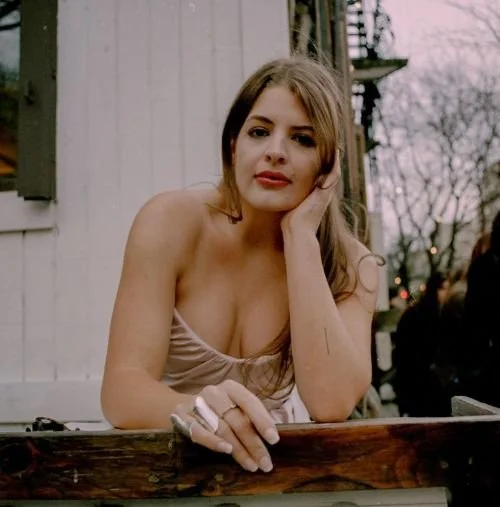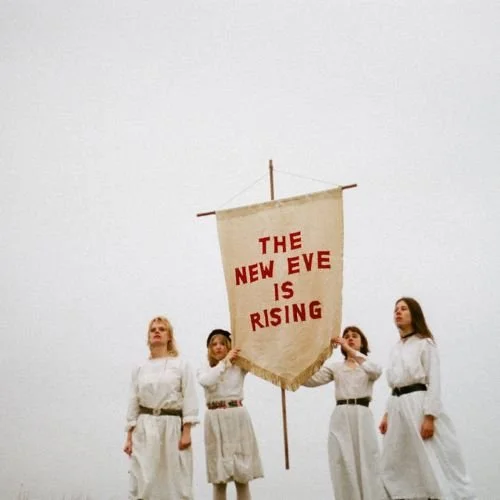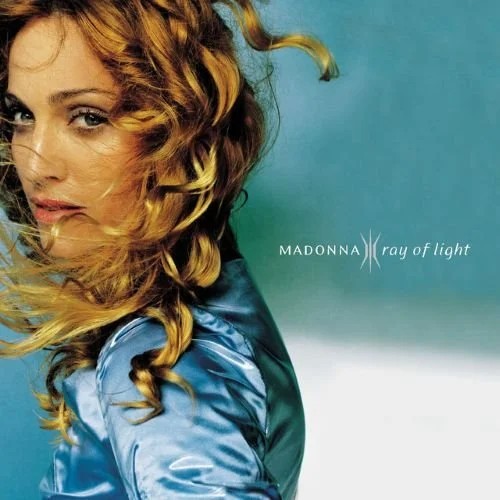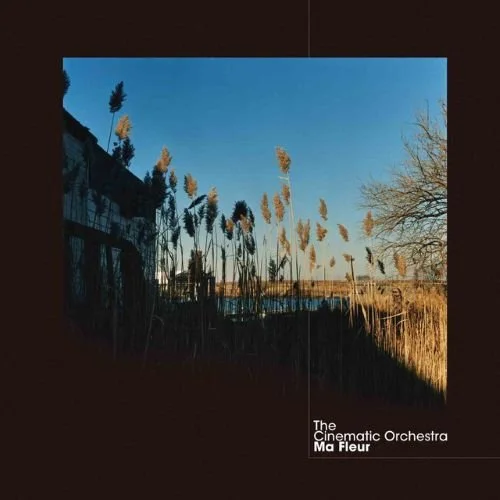"To be honest, I didn't spend a lot of time with Spiller," she says. "He came for that week to record and do some press shots. Then he came for a week just before the song came out.
"He seemed alright! He was friendly enough. He didn't have tons of English, but he seemed very well meaning.
"I think what he did with the track is really clever."
What he did with the track was to breathe new life into an old disco jam. It's not an uncommon way to make dance music, but it does require a deft touch.
"The song that 'Groovejet' is taken from is a song called 'Love Is You', which was released in 1977 by a singer called Carol Williams.
"It's a really beautiful song, but he took some really clever bits to sort of create the track of 'Groovejet'. He's a talented guy, Spiller."
YouTubeCarol Williams Love Is You
"It is a really cool song. I did a cover of it a couple years back, I quite liked this sort of weird circular nature of it. There's a nice serendipity there.
"It's a real puppy dog of a disco song. It just wants to be liked."
As for the name? It comes from the name of a Miami nightclub. Ellis-Bextor finds it as curious as you do.
"Spiller had a friend that was DJing at this big club called Groovejet," she says. "They played it there and there was a big reaction from the crowd. So, he's like, 'Let's call it Groovejet'.
"I mean, to be honest, to me it's quite weird. because I've got such a massive relationship with the song, but I've got zero relationship with Groovejet itself. I've never been there. I don't even know what it looks like.
"Does anyone even know it's called that? Or do they just think it's called 'If This Ain't Love'? It's quite funny if you think about it. The word Groovejet is not featured in the song at all."
What came next
'Groovejet' was massive.
In fact, 'Groovejet' is still massive. It sold bucketloads upon its release and has had tens of millions of streams across all platforms. It remains an iconic reflection of what dance and pop music sounded like at the turn of the century.
"That song just sort of changed everything," Ellis-Bextor says.
"I mean, there's the obvious stuff, like the fact it was commercially very successful. It ended up going to number one in I don't even know how many countries: like 11 or 12 countries.
"It was extraordinary for me to go from one summer with my indie band that was falling apart, and then the next summer I'm going to Ibiza and singing at end of season parties in front of thousands of club goers, and just being introduced to that whole world.
"It's the first time I'd had a song go to places that I'll never go to. That was that was an extraordinary idea to me, like I could fly somewhere new and they'd be like, 'Oh, we know that song'."
Commercial success was grand. But it's the personal growth that Ellis-Bextor considers the greatest gift the song gave her.
"Most importantly, it shook up and changed the way I saw myself and the possibilities and options that I had.
"I thought, 'Right, you know what, if I trust my instinct, I can actually embrace a lot of different genres. I don't have to stick to indie music'.
"I love guitar music. It is still part of the map of how I make music most of the time, but it basically made me embrace the fact that, if you peel back my layers, I'm basically a pop kid.
"From then I thought, 'Okay, it's open season. I can dip my toe in lots of different water now'”.





